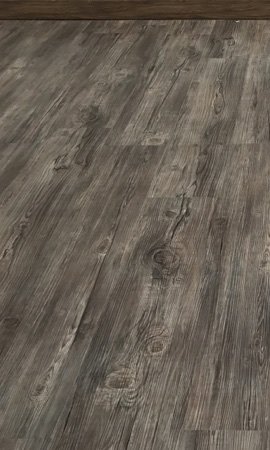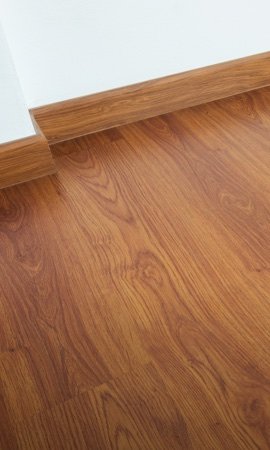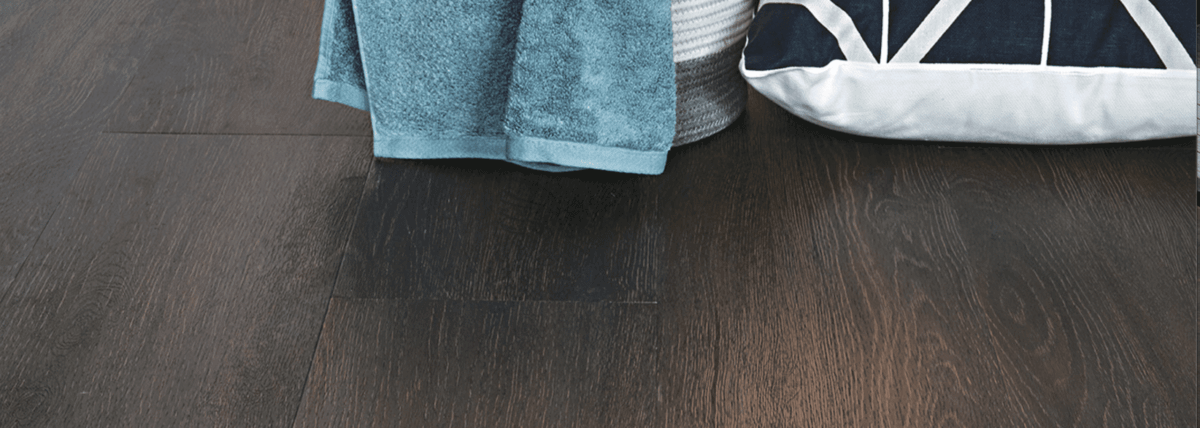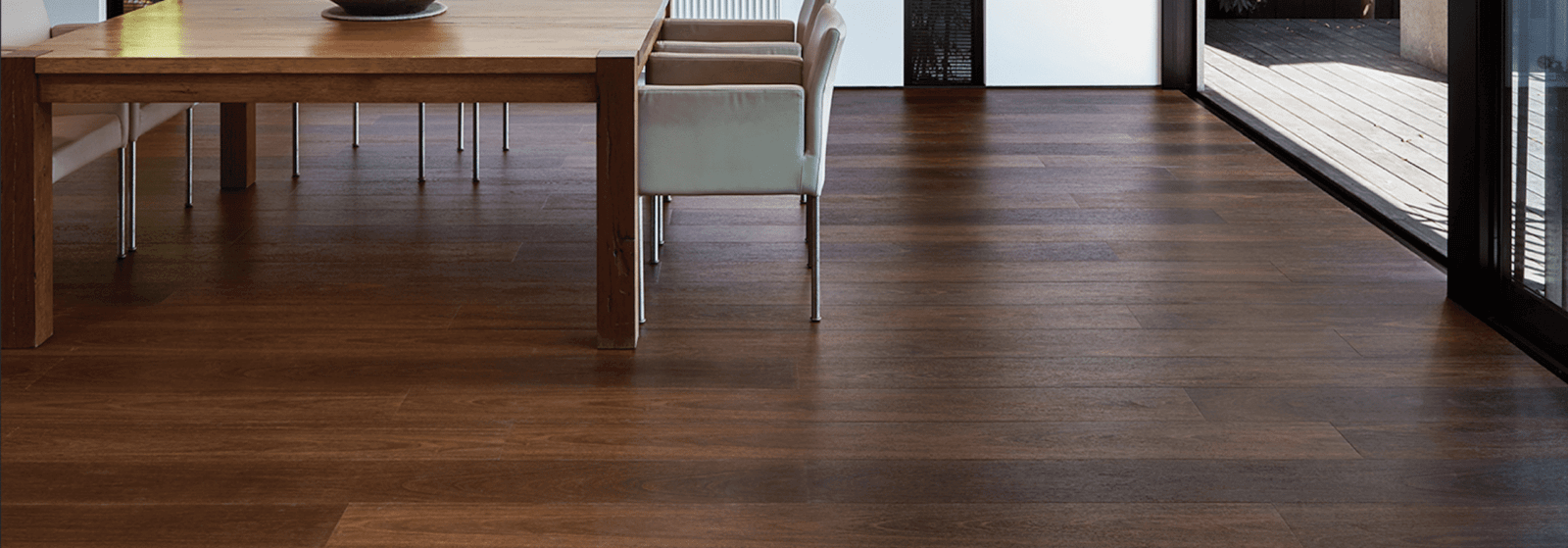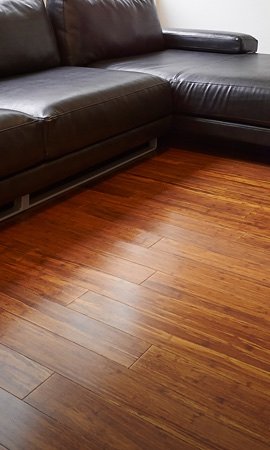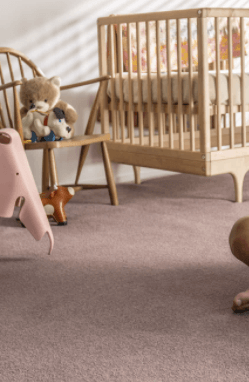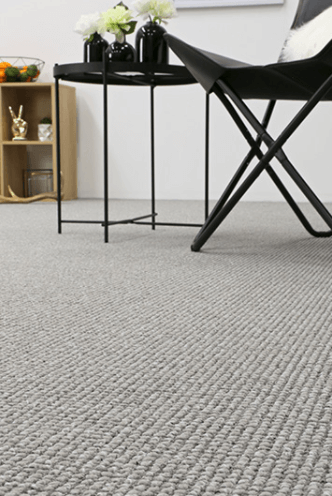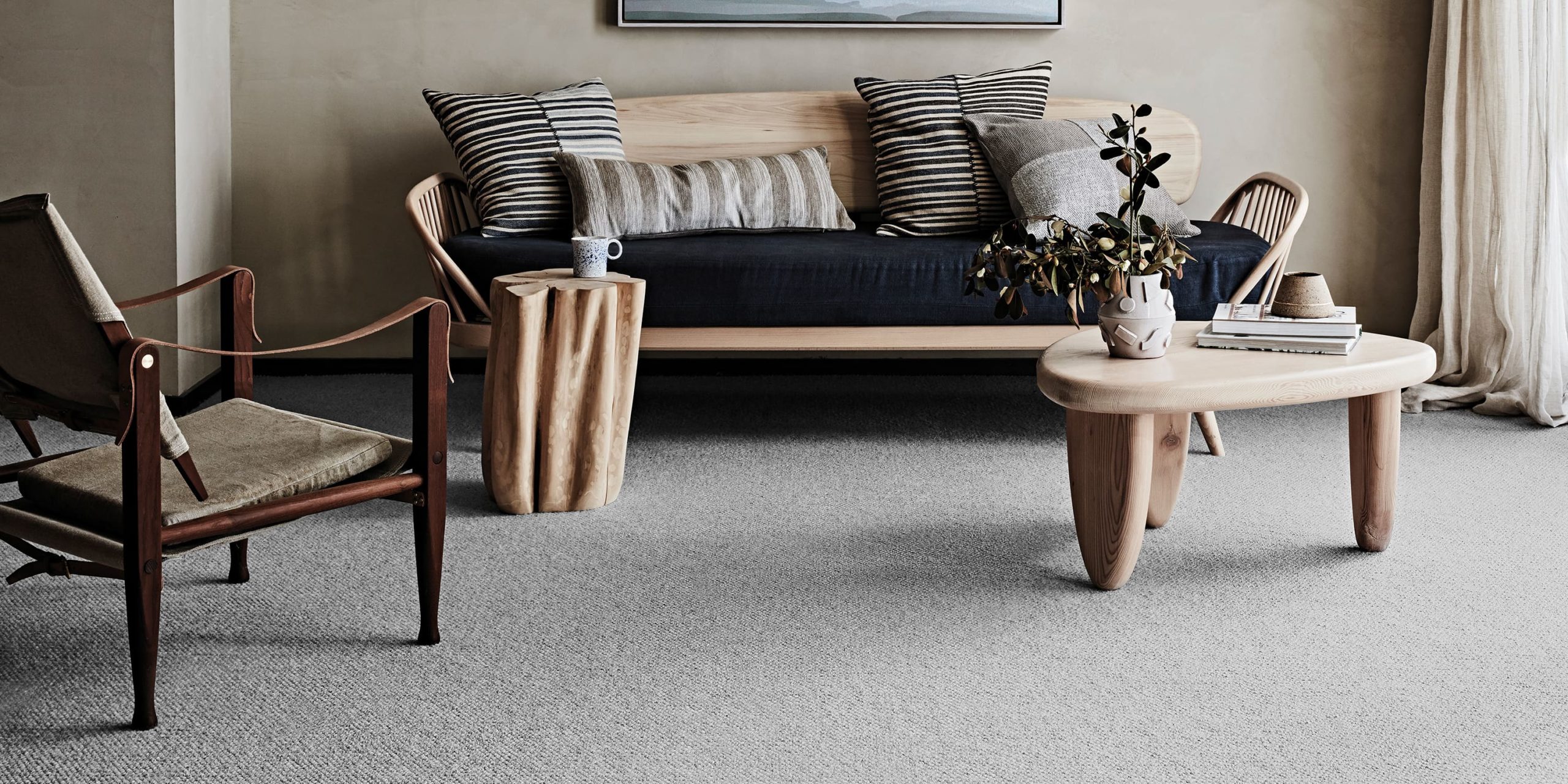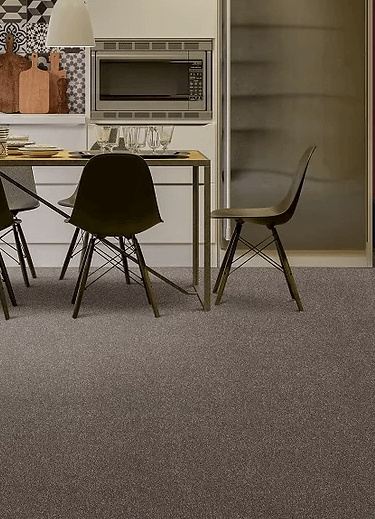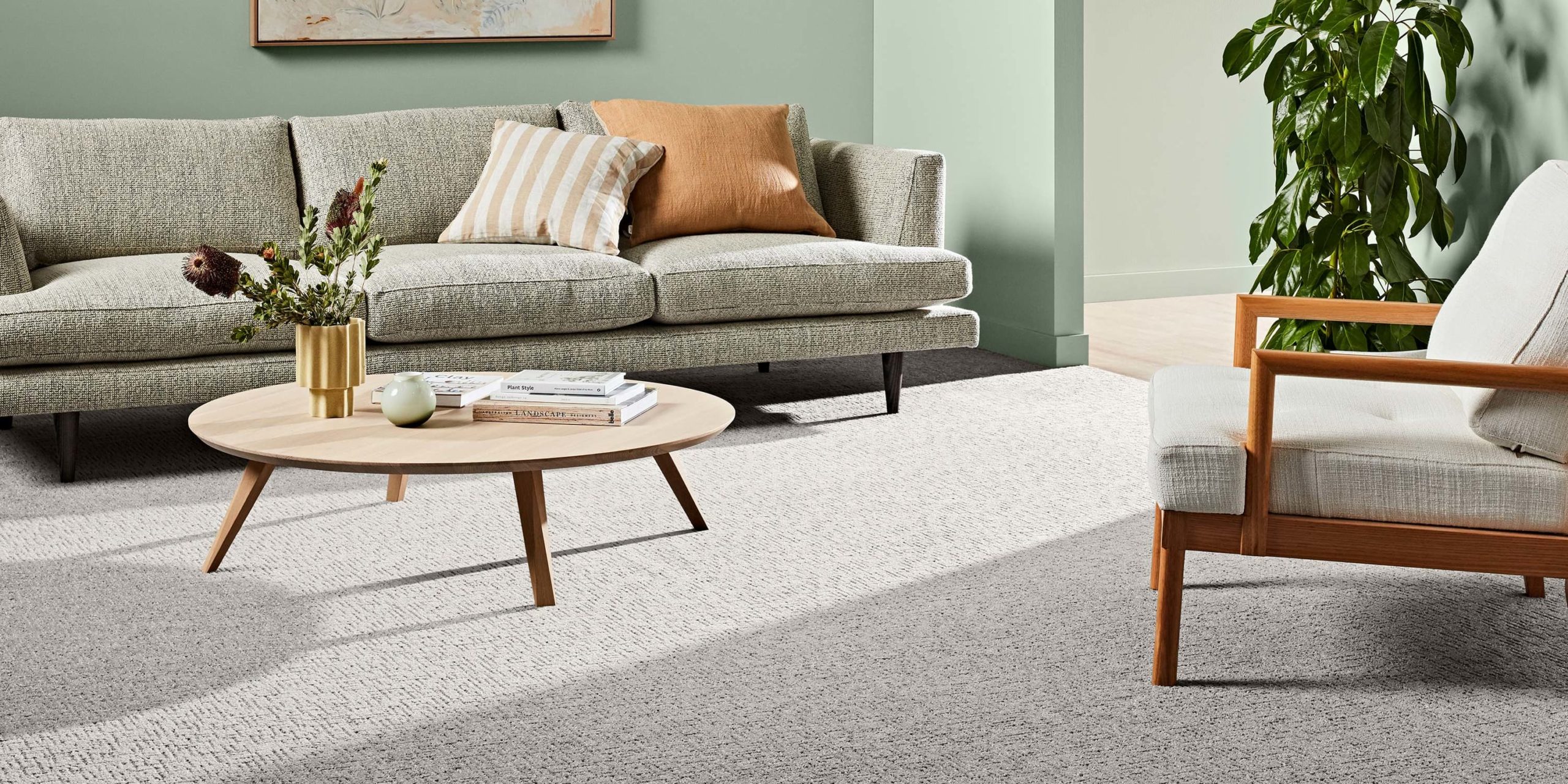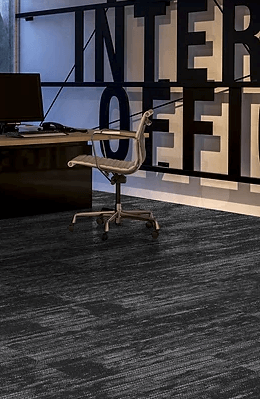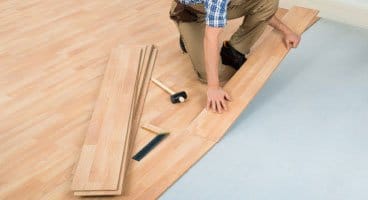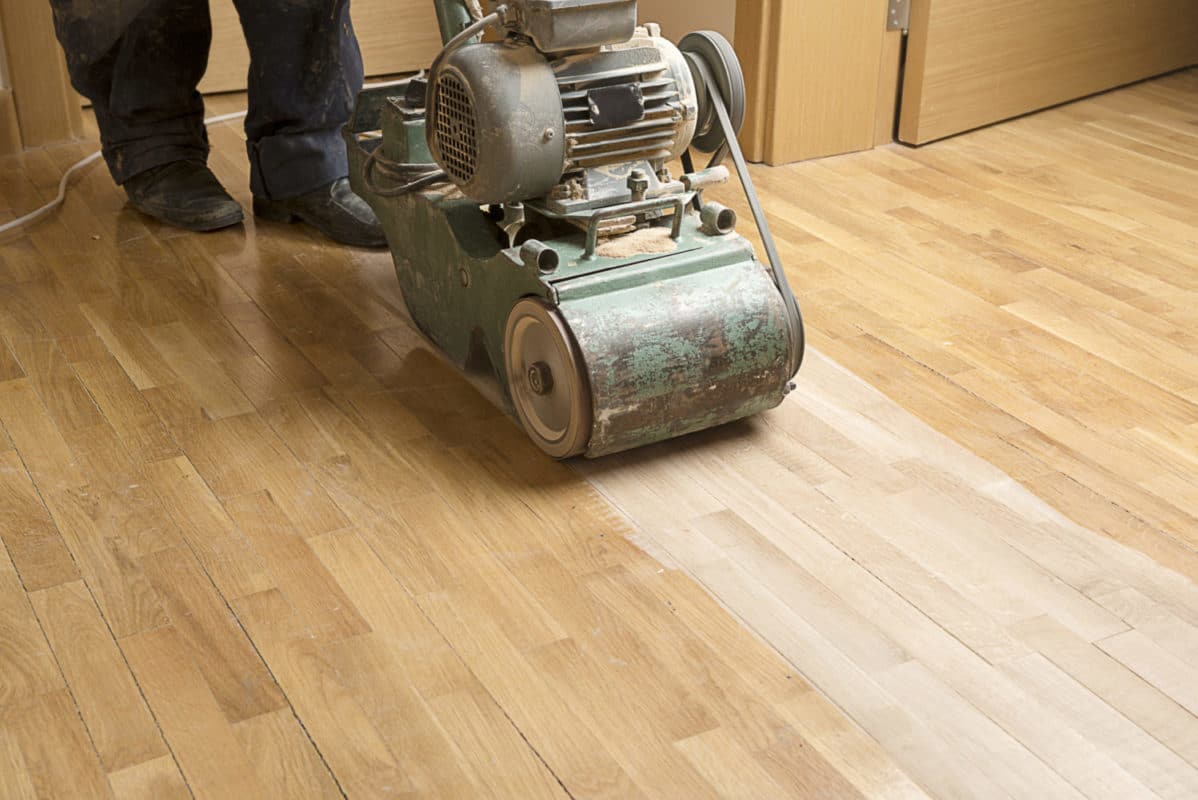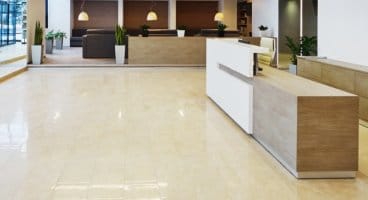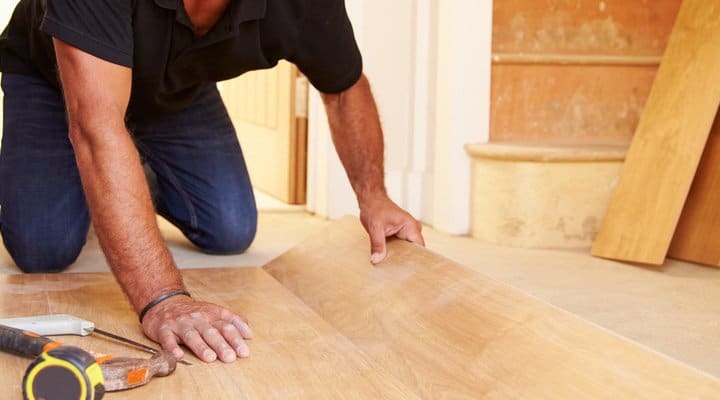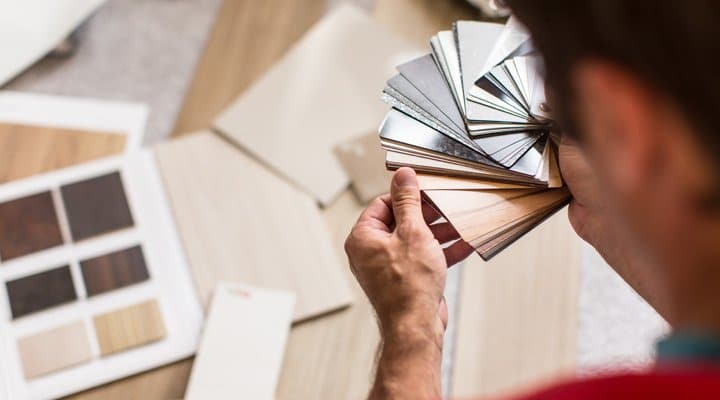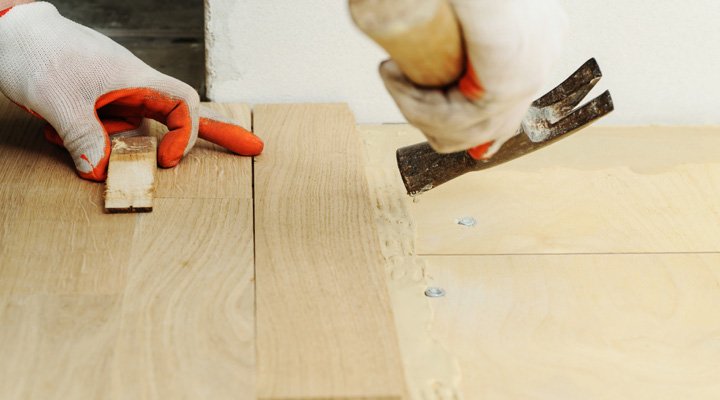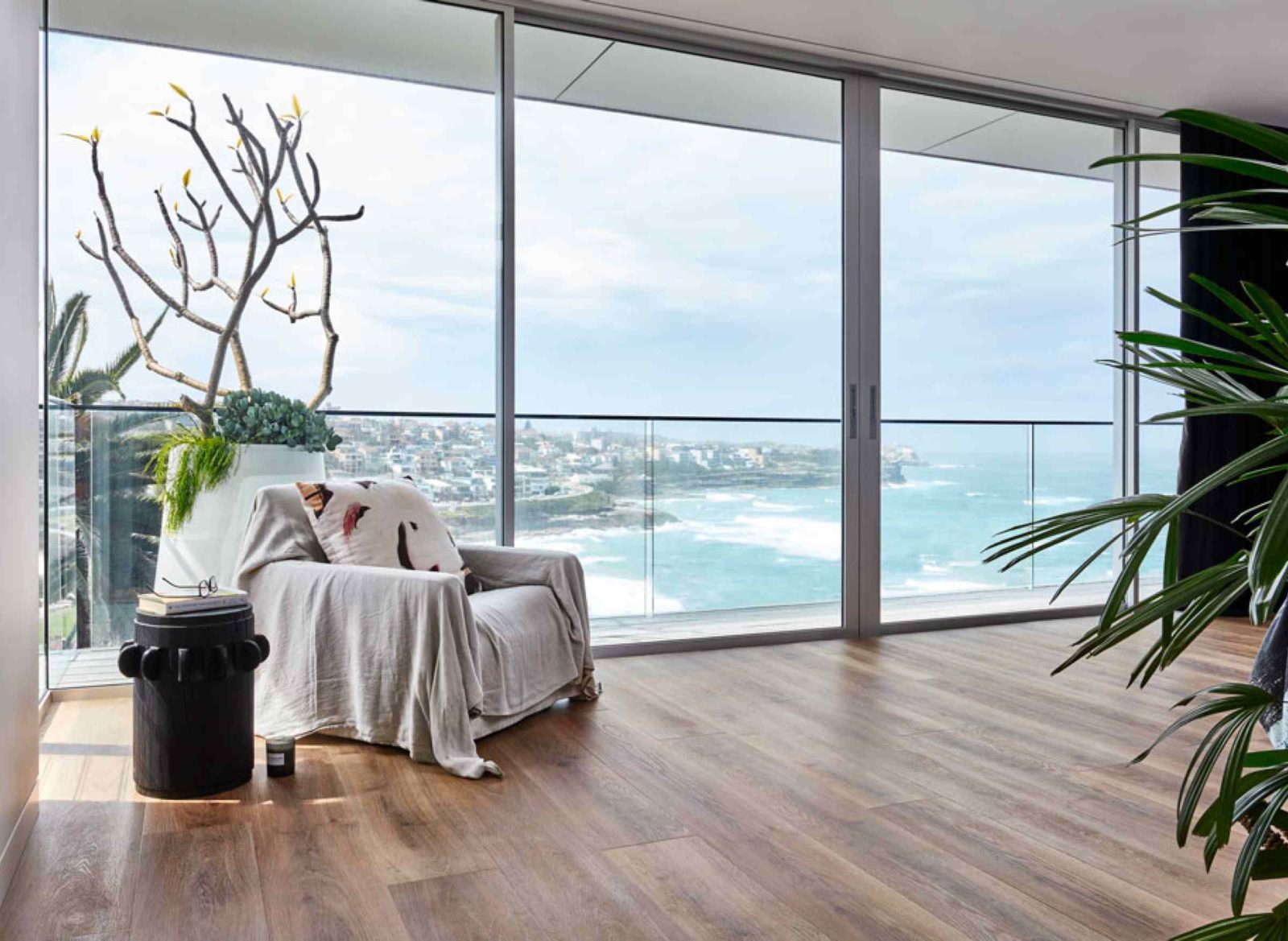

20 Jul Is Hybrid Flooring any Good?
The short answer is yes – hybrid floors are 100% waterproof, highly durable, stylish and affordable. However, it’s (mostly) not made from the real timber of trees. So, how good is it?
This comprehensive guide will explain what hybrid flooring is, the difference between SWC, WPC and SPC hybrid flooring, and discuss the benefits and drawbacks of hybrid floors.
What is Hybrid Vinyl Flooring?
Hybrid flooring has emerged over the last decade as a waterproof, durable, stylish and cost-effective flooring option for your home or commercial space. Using the latest flooring manufacturing technologies, hybrid floors combine the best characteristics of other types of floors – namely, the waterproof nature of vinyl, the beauty of hardwood, and the durability of laminate flooring – whilst having a wide range of designs and styles.
Hybrid flooring is made of a decorative, textured print layer that is sandwiched between a protective top coating and a rigid, waterproof core board. Many models of hybrid flooring also include a pre-attached bottom acoustic layer, which reduces noise transmission and eliminates the need to install extra underlayment.
Which is Best: SWC, WPC, or SPC Hybrid Flooring
There are three main types of hybrid floors, and they have different core board compositions and different resulting properties:
- Stone Wood Composite (SWC) – made from mineral-based resin fibreboards. Super Durable!
- Stone Plastic Composite (SPC) – made from limestone and PVC. Most Common!
- Wood Plastic Composite (WPC) – made from recycled wood and PVC. More Warm!
Both SPC and WPC hybrid floors are highly durable and stable; however, SPC hybrid flooring is slightly more durable and dense due to its limestone composition. On the other hand, WPC hybrid flooring is slightly softer and quieter underfoot.
SWC hybrid flooring is the newest model that offers the durability of a robust tile whilst offering the same timber look and feel. Since they don’t have plastic, SWC planks are more stable than their predecessors under high temperatures or direct sunlight.
| Stone Plastic Composite (SPC) | Wood Plastic Composite (WPC) | Stone Wood Composite (SWC) | |
| Material | Natural Limestone + PVC | Recycled Wood + PVC | Ore, Resin & Fibreboards |
| Durability | Slightly More Durable | Slightly Less Durable | Commercial Durability (AC4, EN32) |
| Density | Slightly Denser | Slightly Less Dense | More Dense |
| Underfoot | Slightly Less Comfortable + Quiet | Slightly More Comfortable + Quiet | Moderate Comfort |
| Price | Slightly Cheaper | Slightly More Expensive | More Expensive |
Benefits of Hybrid Flooring
Affordability
Hybrid floors are affordable because of their composition – as mentioned previously, they’re primarily made of a mix of plastic with limestone or wood. By using these materials, hybrid floors are cheaper than alternatives such as timber and engineered flooring, which require more timber harvested from trees.
Hybrid floors are also quite cheap to install because they use a click lock system to lock together. They are also a floating floor, which can be installed directly over your existing floor. This reduces the cost of preparation and installation and eliminates the need to use smelly and toxic glue.
Style
Because hybrid floors make use of advanced printing technologies, they have a wide variety of stylish designs that very realistically imitate the texture and look of surfaces such as Australian hardwood timbers, oak timbers, tiles, marble, and slate. This means that you have a lot of choice in deciding what to use in your home! At FloorVenue, we have over 1000+ colours and styles of hybrid flooring available.
Tip: See our full colour and styling guide here!
Waterproof
Water is the greatest enemy for almost every timber, oak, bamboo or laminate floor. Fortunately, hybrid floors are 100% waterproof! Hybrid flooring uses a waterproof core board and a protective top coat that ensures that no water can seep in and cause damage.
As a result, this makes hybrid floors perfect for high-moisture areas of the home, such as kitchens, dining areas and the basement. Being waterproof also makes hybrid flooring well-suited for pets, as they’re able to resist unwanted spills or accidents.
Tip: For a guide on which floors are suitable for wet areas, see here!
Heat Resistance
The limestone and/or plastic-infused core boards used in all hybrid floors are very stable and do not expand and contract as much as other types of flooring. This makes it very suitable for the harsh environment and rapid temperature changes of the Australian environment. In Sydney and NSW, we typically experience greater temperature fluctuations between day and night, and most hybrid floors are well designed to remain stable under intense heat and cold.
Durability
Hybrid floors are also very hard-wearing and can hold their own against high foot traffic, pets, and children. The top coat of all hybrid floors is made of highly durable substances like a UV-protected aluminium oxide, which allows them to withstand dents and scratches, and provides you with peace of mind for years to come. Hybrid flooring is so durable that it’s well-suited for commercial and residential usage, especially our newer Stone Wood Composite ranges!
Maintenance
Maintenance is simple with hybrid flooring! Hybrid floors use an advanced click-lock system where floorboards can slot together without leaving any gaps for dirt or grime to get in. When combined with the fact that hybrid floors are waterproof, you have great flexibility in choosing how to clean your floors, whether it be sweeping, vacuuming, or mopping. Just make sure not to use a steam mop!
Comfort
Hybrid flooring is very comfortable underfoot because of its slightly softer plastic, limestone and wood composition. Their underlayment also ‘gives’ a little as you step on it, providing a nice sensation when walked upon. This is particularly useful when used in the kitchen as an alternative to cold, hard tile!
Hybrid floors can also be used with hydronic underfloor radiant heating, so if you’d like to install floor heating, they’re comfortable for you to use all year round.
Fade Resistance
Whilst not all hybrid floors are fade-resistant under the sun, the SWC hybrid floors make use of a UV-resistant topcoat and fade-resistant dyes, so they’re capable of holding their colour and quality over time. This makes high-quality hybrid floors worthwhile investments that can hold their value for years to come.
Installation & Repair
Installation and repair are simple because hybrid flooring is a floating floor, so it doesn’t require glue or nails to be installed onto the subfloor (the floor underneath your new hybrid floor). Instead, it can “float” above the subfloor and be installed directly onto the underlayment.
As per Australian Standard AS 1884, hybrid flooring should be laid on a clean, dry and level subfloor, with variances no greater than 4mm over 2 metres. Meeting this requirement ensures long-term stability and prevents hollow sounds or uneven wear.
Additionally, most hybrid flooring comes with a patented click-lock system, so it’s easy to install and also easy to take apart. If any of your hybrid floorboards get damaged, it’s quite easy to replace them individually as they’re not permanently stuck down. Hybrid floors give you a lot of flexibility that other types of flooring can’t!
Warranty
High-quality hybrid floors can carry warranties of over 20 years, even up to 30 years! You can rest assured that they’re a good long-term investment for your home. At FloorVenue, we quality test all our hybrid flooring brands, and almost every brand provides 25+ year warranties. Purchasing from a reputable long-standing supplier like FloorVenue will also help you to claim this warranty in the unlikely case that you need it.
Disadvantages of Hybrid Flooring
Authenticity
For some people, hybrid floors just might not feel like the real thing, although you’d be hard-pressed to see a difference without careful examination.
Because hybrid floors essentially print a ‘picture’ of the surfaces that they’re looking to emulate, some cheaper and lower quality floors can have patterns that repeat too often, called ‘pattern repetition’. Although you can mitigate this by staggering the layout of the floorboards, hybrid floors do lack the uniquely natural character of something like the knots in hardwood floors.
Requires a Flat Sub-Floor
To be properly installed and to prevent any creaking, hybrid floors require your subfloor to be very flat – less than about 2mm deviation over 2 metres. You should also be aware that floating floors will necessarily add a slight height to your floor, which could interfere with furniture or doors. However, a flat subfloor is required for all hard floorings, including timber, bamboo, oak, laminate, etc.
To be properly installed and to prevent any creaking, hybrid floors require your subfloor to be very flat – less than about 2mm deviation over 2 metres, as specified in Australian Standard AS 1884 for resilient floor coverings.
Luckily, FloorVenue also services subfloor levelling if required. Our inspectors will check your timber subfloor or concrete slab when measuring up, so there won’t be any unexpected surprises.
Feels Less Solid Underfoot
Due to hybrid flooring’s composition of limestone and/or wood with plastic or PVC, the floorboard can feel slightly less solid and dense underfoot. Hybrid floors are also less thick compared to solid timber or bamboo floors. Solid timber flooring lovers may find that hybrid flooring sounds slightly more ‘hollow’ when walked upon and feels less strong underfoot. To the contrary, hybrid floors are far more scratch-resistant and durable than their timber counterparts on their surface.
Discolouration
Although hybrid floors are fade-resistant, they can still discolour with extended exposure to direct sunlight, so it’s a good idea to install curtains or blinds as well. Hybrid floors can also discolour in contact with rubber products such as some rug backings. You should be aware of this if you’re choosing new furniture or replacing your existing floors. One good workaround is to opt for the Stone Wood Composite hybrid floors because they are significantly more fade-resistant than the other two types.
So is Hybrid Flooring Any Good?
Weighing up the benefits and drawbacks, hybrid flooring is great for Australian homes and offices. As an innovative, durable and waterproof floor, hybrid floors are an increasingly attractive option for you to use in your home.
It’s affordable, durable, waterproof, and stylish – what more could you ask for? The only major drawback is that it’s not constructed from real timber, and that’s also great for the environment.
If you’re interested in hybrid flooring or need any help in choosing what floor is right for your home, FloorVenue is here to help! We offer free on-site consultation and quotes, and our experienced specialists are very knowledgeable about just about anything to do with flooring!
